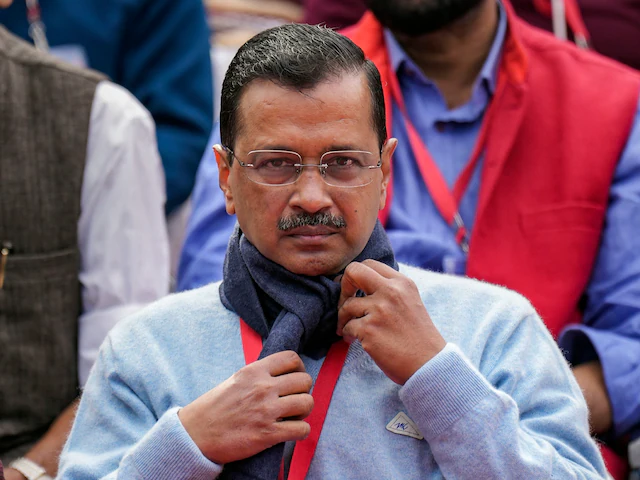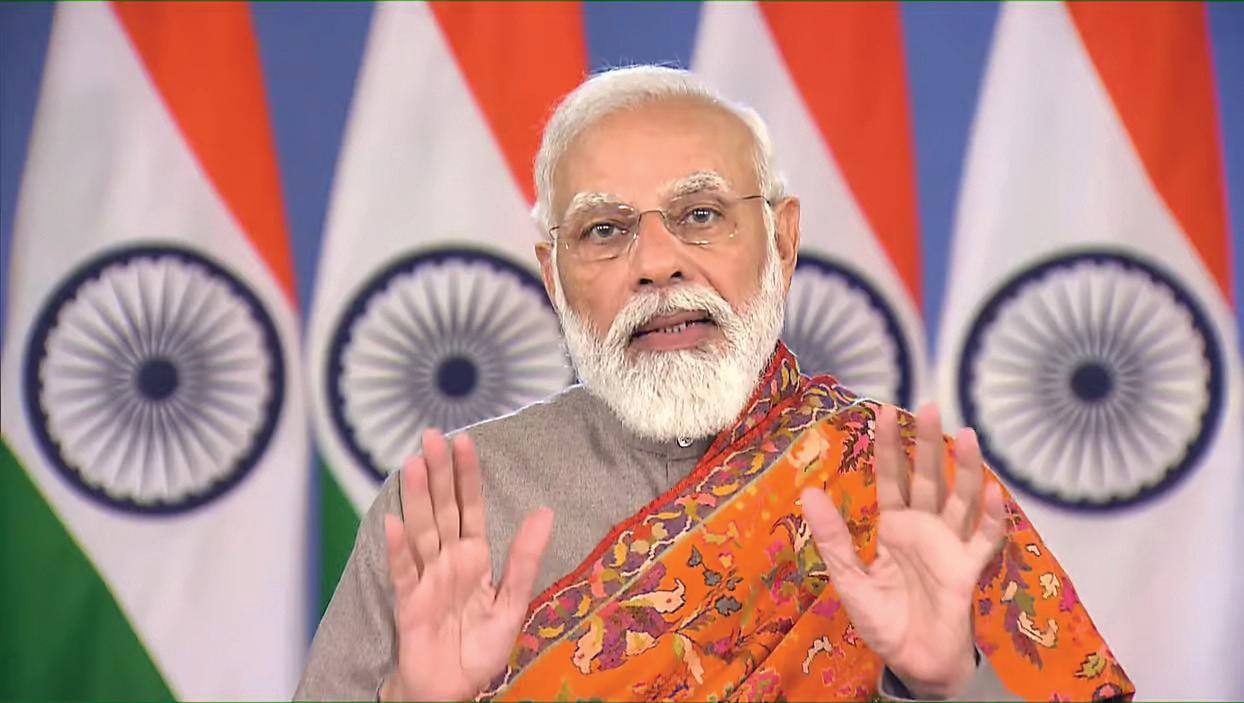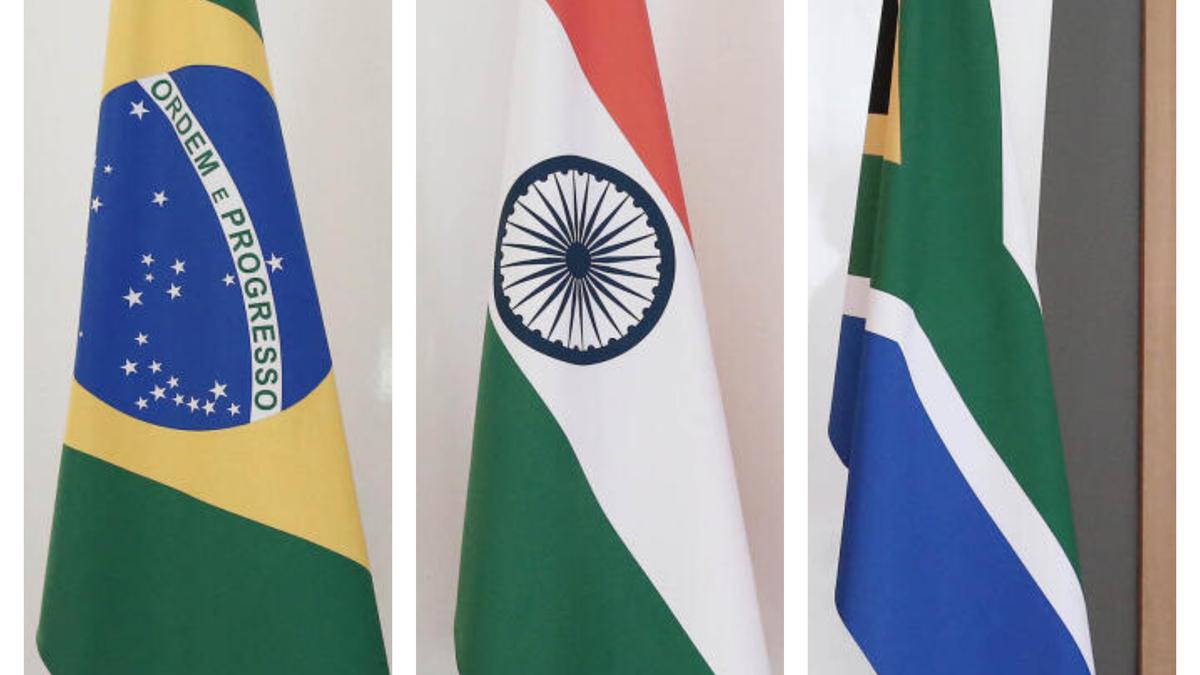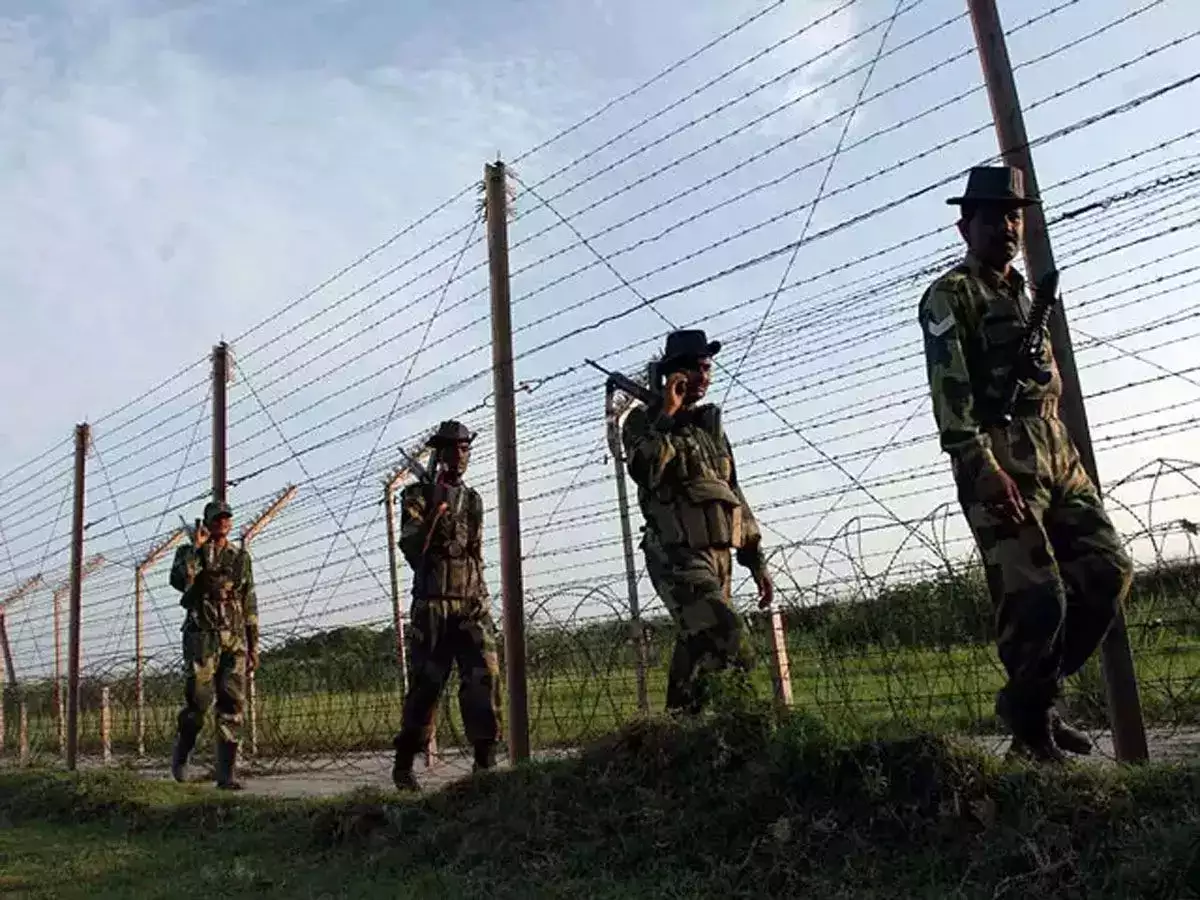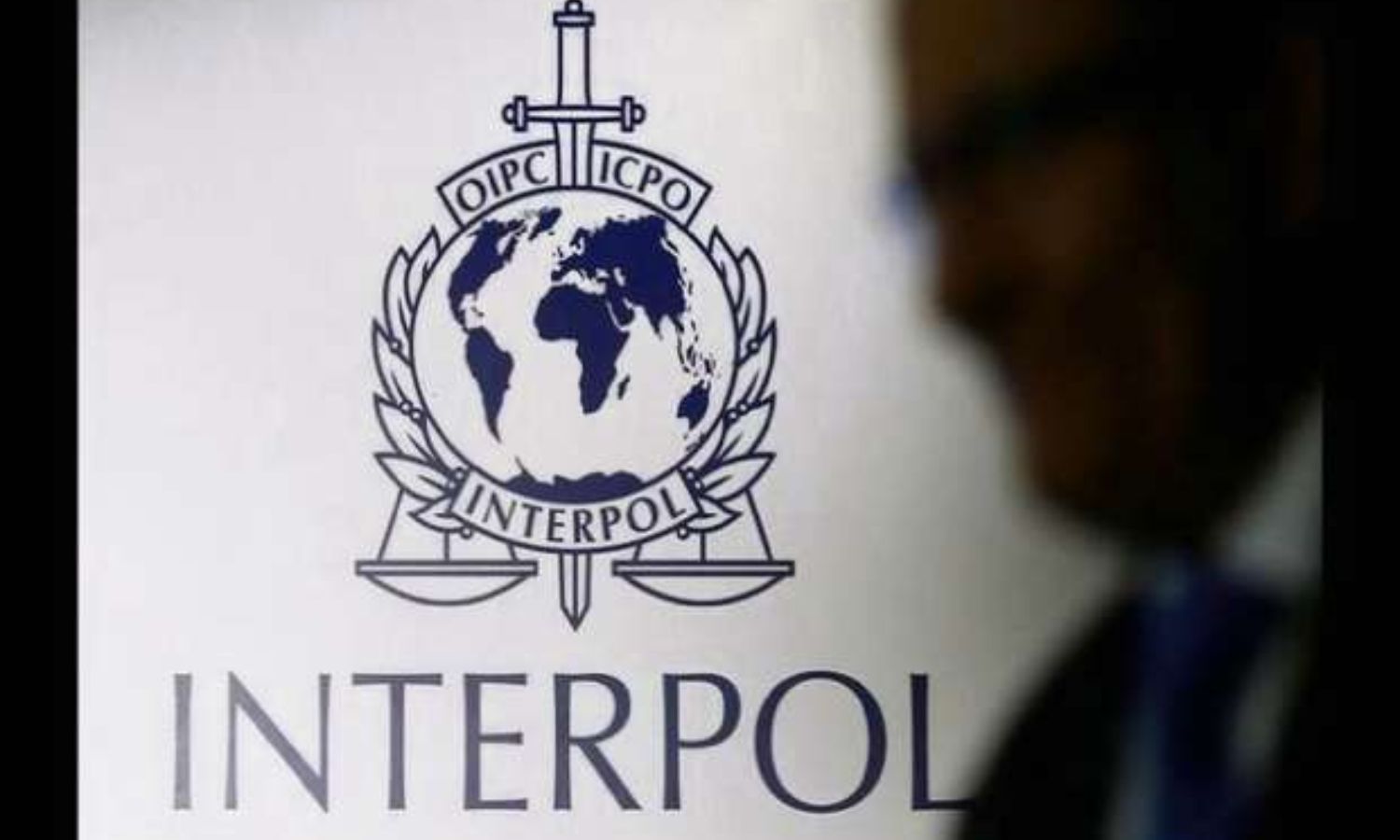It is most heartening to note that none other than the Supreme Court itself has in a learned, laudable, landmark and latest judgment titled Abhishek Singh Chauhan vs Union of India in Writ Petition (Criminal) No. 40/2022 and cited in 2022 LiveLaw (SC) 608 that was finally delivered on July 13, 2022 directed State-wise clubbing of the FIRs that were filed against an accused in different states. The key point of this judgment as stated in the very outset of this learned judgment is that, “FIRs lodged against accused under various provisions of the Indian Penal Code (Section 420 IPC etc) and other State enactments in various states – Directs clubbing of all the FIRs State-wise, which can proceed together for one trial as far as possible – Multiplicity of the proceedings will not be in the larger public interest. Referred to: Amish Devgan vs. Union of India (2021) 1 SCC 1.”
At the outset, this brief, brilliant, balanced and bold judgment authored by a Bench of Apex Court comprising of Justice AM Khanwilkar and Justice JB Pardiwala sets the ball rolling by first and foremost putting forth in the opening para of this notable judgment that, “In this writ petition filed under Article 32 of the Constitution of India, the principal relief claimed by the petitioner is regarding clubbing of all the FIRs registered in different States and for grant of bail respectively. The details of said FIRs are as follow: –
SI. NO. FIR NO. DATE OFFENCES POLICE STATION
WEST BENGAL
1. RC/40/S/2014 5.6.2015 S. 420, 120B & 34 IPC S. 4, 5 & 6 prize chits and money circulation schemes (Banning Act, 1978) CBI/SCB/SIT Kolkata
RAJASTHAN
2. 338/2018 12.09.2018 S. 420, 406, 120-B IPC Pindwara, Sirohi
MAHARASHTRA
3. 552/2016 15.04.2016 S. 420, 409 IPC S. 3 & 4 of The Maharashtra Protection of Interest of Depositors (in Financial Establishments) Act, 1999 Ramnagar, Chandrapur
4. 533/2017 29.07.2017 S. 420, 504, 506, 34 IPC Nahol, Sholapur
5. 467/2017 08.08.2017 S. 3 & 4 of The Maharashtra Protection of Interest of Depositors Sholapur ( in Financial Establishments) Act, 1999 Bijapur Naka,
MADHYA PRADESH
6. 915/2016 09.11.2016 S. 420, 409, 120B & 34 IPC S. 6 Madhya Pradesh Investor Protection Act, 2000 Kotwali, Sehore
7. 51/2017 08.2.2017 S. 420, 409, 120B & 34 IPC S. 6 Madhya Pradesh Investor Protection Act, 2000 Byawara Rural, Rajgarh
8. 03/2017 08.03.2017 S. 420, 409, 120B & 34 IPC S. 6 Madhya Pradesh Investor Protection Act, 2000 EOW, Bhopal
CHATTISGARH
9. 146/2017 04.04.2017 S. 120B, 420 &34 IPC The Chhattisgarh Protection of Depositors Interest Act, 2005 Surajpur.”
10. 127/2017 10.04.2017 S. 420 & 34 IPC The Chhattisgarh Protection of Depositors Interest Act, 2005 Kanker
11. 240/2017 16.04.2017 S. 420 IPC Bemetara
12. 161/2017 21.04.2017 S. 420 IPC Baloda, Baloda Bazar
13. 176/2017 02.05.2017 S. 420 IPC Tila Nebra, Raipur
14. 591/2019 06.08.2019 S. 420 & 34 IPC Raigarh Kotwali, Raigarh
15. 79/2019 10.08.2019 S. 420 IPC Geedam, Dantewada.
As things stand, the Bench then points out in the next para of this judgment that, “It is noticed that the crime registered in the State of West Bengal has been investigated by C.B.I. and chargesheet has also been filed in connection with the said case. We are also informed by the learned Additional Solicitor General that the trial has also commenced in that case. As a result, no direction can be issued for clubbing of other cases with the said case being investigated by the special Investigating Agency i.e., C.B.I.”
Furthermore, the Bench then discloses in the next para of this learned judgment that, “As regards crimes registered against the petitioner in the State of Maharashtra, Madhya Pradesh and Chhattisgarh in each of these States, the trial will proceed before the Special Court under the special enactment, namely, Maharashtra Protection of Interest of Depositors (in Financial Establishments) Act, 1999, Madhya Pradesh Investor Protection Act, 2000 and Chhattisgarh Protection of Depositors Interest Act, 2005 respectively.”
Quite frankly, the Bench then deems it apposite to note in the next para of this robust judgment that, “The cases in the concerned States, to be tried by the Special Court can be conveniently clubbed, for being tried together as has been directed in the case of Radhey Shyam vs. State of Haryana & Ors.in Writ Petition (Crl.) No.75/2020 vide Order dated 12.05.2022.”
Most significantly and also most remarkably, the Bench then minces no words to hold forthright in the next para of this learned judgment that, “Following the exposition of this Court in Amish Devgan vs. Union of India & Ors. (2021) 1 SCC 1, we deem it appropriate in exercise of power under Article 142 of the Constitution of India, to direct clubbing of all the FIRs State-wise, which can proceed together for one trial as far as possible, as we are of the opinion that multiplicity of the proceedings will not be in the larger public interest. We may hasten to add that the concerned States have no objection for abiding with such dispensation.”
To put it differently, the Bench then observes in the next para that, “In other words, the offence registered in the State of West Bengal being RC/40/S/2014 dated 05.06.2015 registered with CBI/SCB/SIT, Kolkata, will proceed before the concerned Court in the State of West Bengal independently. Similarly, the FIR registered at Pindwara, Sirohi, State of Rajasthan being FIR No. 338/2018 dated 12.09.2018 shall proceed before the concerned jurisdictional Court in that State itself being the only case registered in connection with the Indian Penal Code (IPC) offences in that State and cannot be clubbed with the cases pending in other States, as the same will have to proceed under the special enactment of the concerned State.”
To put things in perspective, the Bench then envisages in the next para of this judgment that, “As regards three cases registered in the State of Maharashtra, the same will have to proceed under the special enactment [Maharashtra Protection of Interest of Depositors (in Financial Establishments) Act, 1999] before the special Court. It can be conveniently proceeded together. Accordingly, the subsequently registered FIRs being FIR Nos. 533/2017 dated 29.07.2017 registered at Nahol, Sholapur and 467/2017 dated 08.08.2017 registered at Bijapur Naka, Sholapur, need to be clubbed with FIR No. 552/2016 dated 15.04.2016 registered at Ramnagar, Chandrapur.”
As it turned out, the Bench then specifies in the next para of this noteworthy judgment that, “On the same pattern, the subsequently registered two FIRs – (FIR Nos. 51/2017 dated 08.02.2017 registered at Byawara Rural, Rajgarh and 03/2017 dated 08.03.2017 registered at EOW, Bhopal) in the State of Madhya Pradesh need to proceed together with FIR No. 915/2016 dated 09.11.2016 registered at Kotwali, Sehore being the earliest FIR registered under the special enactment – Madhya Pradesh Nikshepakon Ke Hiton Ka Sanrakshan Adhiniyam, 2000, before the jurisdictional special Court at Sehore.”
While continuing in the same vein, the Bench then underscores in the next para of this brief judgment that, “Similarly, the subsequently registered FIRs (FIR Nos. 127/2017 dated 10.04.2017 registered at Kanker, Distt. Kanker, 240/2017 dated 16.04.2017 registered at Bemetara, Distt. Bemetara, 161/2017 dated 21.04.2017 registered at Baloda, Baloda Bazar, Distt. Janjgir-Champa, 176/2017 dated 02.05.2017 registered at Tila Nebra, Raipur, 591/2019 dated 06.08.2019 registered at Raigarh Kotwali, Raigarh and 79/2019 dated 10.08.2019 registered at Geedam, Dantewada, Distt. Dantewada) in the State of Chhattisgarh need to be clubbed with FIR No. 146/2017 dated 04.04.2017 registered at Surajpur, Distt. Surajpur under the special enactment – Chhattisgarh Protection of Depositors Interest Act, 2005 as applicable to the State of Chhattisgarh, to be tried by the jurisdictional special Court at Surajpur, Distt. Surajpur.”
Most remarkably, the Bench then hastens to add in the next para of this laudable judgment that, “In each of the States, where directions for clubbing of FIRs is being passed, the subsequently registered FIRs shall be treated as statements under Section 161 of the Code of Criminal Procedure (Cr.P.C.). The investigating officer in criminal case arising from the first FIR in the concerned State, as referred to above, will be free to file supplementary chargesheet after collation of all the records concerning other FIRs in the respective States, which are clubbed in terms of this order. In the event, the investigating officer in other FIRs had already filed the police report under Section 173 of the Cr.P.C. before the concerned Court and the concerned Court had taken cognizance thereof, the said FIRs and criminal cases would also stand transferred and merged/clubbed alongwith the first criminal case FIR No. 552/2016 dated 15.04.2016 registered at Ramnagar, Chandrapur (State of Maharashtra); FIR No. 915/2016 dated 09.11.2016 registered at Kotwali, Sehore (State of Madhya Pradesh); FIR No. 146/2017 dated 04.04.2017 registered at Surajpur, Distt. Surajpur (State of Chhattisgarh) registered in the respective State, as referred to above, to be proceeded with in accordance with law. The investigating officer in the stated case (principal case to which the subsequent FIRs would stand merged/clubbed), will be free to file supplementary chargesheet on the basis of material collated during investigation of other FIRs.”
As we see, the Bench then states in the next para that, “Needless to observe that the other offences not part of the special enactments can also be tried by the special Court under the concerned State legislation.”
For sake of clarity, the Bench then clarifies in the next para that, “It is clarified that this direction is limited to general offences, the offences under the IPC and the offences under the special State legislations; and not offences concerning the Prevention of Money Laundering Act (PMLA), 2002, which have to proceed under a separate legislation and of which the investigation is done by a separate investigating agency.”
Most commendably, the Bench then states unambiguously in the next para that, “In other words, all cases in the State of Maharashtra will stand clubbed with FIR No. 552/2016 dated 15.04.2016, registered with Police Station Ramnagar, Chandrapur, and to be tried by Special Court at Chandrapur ( Maharashtra ). Similarly, all criminal cases arising from the FIRs filed at the different point of time in the State of Madhya Pradesh will stand clubbed with FIR No. 915/2016 dated 09.11.2016, registered with Police Station Kotwali, Sehore – to be tried by Special Court, Sehore (Madhya Pradesh); and in the State of Chhattisgarh on the same lines will stand clubbed with FIR No. 146/2017 dated 04.04.2017 registered with Police Station Surajpur – to be tried by Special Court at Surajpur (Chhattisgarh).”
Most forthrightly, the Bench then makes it indubitably clear by pointing out in the next para that, “If the accused has been granted bail in connection with the principal FIR or criminal case arising therefrom, in which the other FIRs/criminal cases will stand clubbed/merged in terms of this order, the bail so granted must enure in his favour until the Court of competent jurisdiction cancels the same owing to supervening circumstances including breach of bail conditions. In case, no bail has been granted in the principal FIR (case), the appellant may apply for the same before the jurisdictional court competent to try the principal crime. That be decided on its own merits.”
What’s more, the Bench then directs that, “The writ petition is disposed of in the above terms.”
Finally, the Bench then concludes by holding in the final para of this sagacious judgment that, “Pending application(s), if any, shall stand disposed of.”
In conclusion, I am just falling short of words to appreciate, applaud and admire the thorough professional manner in which this most commendable judgment has been drafted by two most competent Judges of the Apex Court – Justice AM Khanwilkar and Justice JB Pardiwala. One fervently hopes that in case of Nupur Sharma who is facing most serious death threats, rape threats and what not too will get the much needed relief strictly on merits and I am sure Justice JB Pardiwala and Justice Suryakant will review their stand on this case also which attracted so much limelight but about which I will not like to discuss here.
It is again good to note just like in case of Zee News anchor Rohit Ranjan was granted protection most commendably by a Bench of Apex Court comprising of Justice Indira Banerjee and Justice JK Maheshwari against the multiple FIRs that were lodged against him over an alleged doctored video of Rahul Gandhi’s speech that was telecasted in a DNA show on July 1, 2022 similarly in Mohammed Zubair case also who is an eminent journalist we see that the Supreme Court Bench comprising of Justice Dr DY Chandrachud and Justice AS Bopanna have noticed a “vicious cycle” and has most commendably granted another bit of temporary relief to him until the next hearing. He has already got bail from the top court in a sixth case in UP but is under arrest in a case registered in Hathras. The Apex Court has clearly directed that no action on Zubair till July 20.
It is unquestionable that his lawyer who is none other than the eminent and senior lawyer Vrinda Grover has very rightly maintained that, “This kind of targeting must end. This is an abuse of the process of law.” Why can’t Centre amend our penal laws to ensure that this abuse is ended forthwith? Why Centre always forwards hundred reasons for not doing so? Why can’t it act promptly on this also?
Needless to say, Zubair has rightly sought bail and cancellation of all six FIRs that were registered in Sitapur, Lakhimpur Kheri, Ghaziabad, Muzaffarnagar and Hathras districts. This alone explains why I openly bat for this same treatment to be accorded for Nupur Sharma also who too faces death threats, rape threats from terror groups who most cowardly killed first Umesh Kohle on June 21 in Amaravati in Eastern Maharashtra and then most dastardly beheaded Kanhaiya Lal and decapitated his hand also in Udaipur in Rajasthan which no civilized person of any religion can ever justify under any circumstances! But alas! That was not to be and she was denied any relief and squarely blamed for the terror attacks by a Bench of Apex Court comprising of Justice JB Pardiwala and Justice Surya Kant who are both very competent Judges and in line to become the next CJI in the days to come yet they have grievously erred in squarely blaming Nupur Sharma and denying her any relief which she sought so very desperately! It must be said upfront that, “A terror act done by any person of any religion cannot be justified on any ground whatsoever!” I still hoope they will review their stand now.
Coming back to Zubair case, the cycle started from Delhi as mentioned in NDTV website where it is pointed out that, “Mr Zubair, co-founder of fact-checking site Alt News was originally arrested there on June 27 in a case over a four-year-old tweet that had an image from a 1983 movie. Then he was arrested in a case in Sitapur in UP over calling some Hindu right wing leaders “hatemongers”.” He too has faced so much of harassment when couple of cases were lodged against him and this “open abuse of the due process of law” must end forthwith!
All said and done, one can only say that this “open abuse” and “complete mockery and brazen trampling” shamelessly of “the due process of law” by intentionally lodging FIR in different states to harass the person against whom it is lodged needs to be plugged right now so that no litigant has to face endless troubles openly by running from pillar to post in different States most shamelessly, senselessly and stupidly with our Apex Court also in some cases like that of Nupur Sharma failing to rise to the occasion and in Zubair case also we see that he has faced so much of endless hassles before Supreme Court finally stepped in just because Centre turns a Nelson’s eye to it and Supreme Court also finds it best to not ruffle feathers of the Centre. But this must definitely change now especially when eminent lawyers like Kapil Sibal, Vrinda Grover, Aman Lekhi, Gautam Bhatia and many others keep raising their voice on this most strongly for which they definitely deserve to be applauded, admired and adored as they don’t want status quo to continue even after more than 75 years of independence!
On a final note, at the cost of repetition it must be said again that the Centre must amend our penal laws by which there should be clubbing of cases and no individual is required most stupidly, shamelessly and senselessly to keep running from one state to another on same charge and facing endless harassment from police and different courts also which is the biggest mockery of our legal system and also our democratic system where the legal rights of individual must be always accorded the highest priority and not the lowest priority! There can be definitely just no denying or disputing it! I fervently hope that Centre led by our Hon’ble PM Narendra Modi will at least now wake up its ideas on this and act most promptly and most decisively so that no citizen is ever again made to suffer immeasurably for no fault of his/her just because Centre since last 75 years has refused to do just nothing on this! His policy advisers too must guide him properly on this so that a common person is no more made to beg before different Courts like a beggar begs most helplessly! Let’s fervently hope so!


 Opinion3 years ago
Opinion3 years ago
 Entertainment8 years ago
Entertainment8 years ago
 Entertainment8 years ago
Entertainment8 years ago
 Fashion8 years ago
Fashion8 years ago
 Opinion3 years ago
Opinion3 years ago
 Politics8 years ago
Politics8 years ago
 Entertainment8 years ago
Entertainment8 years ago
 Entertainment8 years ago
Entertainment8 years ago
